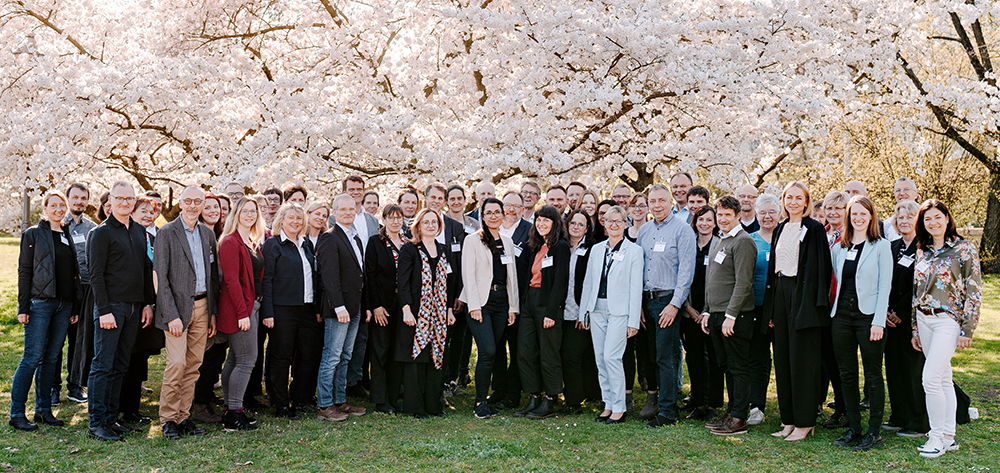Rethinking teacher training
How can teacher training programs that innovatively combine theory and practice succeed? Around 60 experts from nine federal states addressed this question at the second nationwide networking conference on dual teacher training courses. The aim of the meeting was to network stakeholders from politics, administration, academia and schools and to jointly provide impetus for the further development of practice- and career-integrated study formats. The conference was jointly organized by the Bertelsmann Foundation, the Centre for Higher Education Development (CHE) and OVGU.
Nationwide networking to strengthen dual teacher training
The meeting brought together representatives from ministries, school authorities, universities, schools and trade unions. The exchange focused on three central topics:
- Conceptual design of dual study programs, for example through close cooperation between universities and schools and well thought-out curricular integration.
- Practical design, i.e. specific questions on organization, cooperation agreements or student selection procedures.
- Evaluation: How can the quality of dual study programs be measured? Which instruments are suitable?

Photo: Stefan Deutsch
Following the presentation of the new practice-integrated teacher training courses at OVGU, as developed jointly with the Ministry of Education (MB), the Ministry of Science, Energy, Climate Protection and the Environment (MWU) and the State Institute for School Quality and Teacher Training Saxony-Anhalt (LISA), and a brief report on the experiences with the first cohort of students, a multi-perspective discussion and working groups discussed the successful integration of science and school practice and the prerequisites for this. Using the example of the “Teacher Training in Special Education - Dual Master of Education” at the University of Flensburg, the special features of the study organization were discussed. With a focus on evaluation, the conference participants took a closer look at approaches from the evaluation of the qualification program for academics entering the teaching profession (QUER) and the extra-occupational qualification of teachers (BQL) at the University of Dresden. After the individual discussion and working rounds, there was always time for in-depth discussions on detailed questions.
Impulses for the further development of sustainable teacher training
“The practice-integrated teacher training courses are breaking new ground in linking theory and practice - and in cooperation between the key players in teacher training,” says Franziska Kempka, Managing Director of the Centre for Teacher Training at OVGU, underlining the importance of this new form of training. “At the same time, they can provide valuable impetus for the further development of regular teacher training,” emphasizes Prof. Dr. Stefanie Rach, Professor of Mathematics Didactics at OVGU. This is why representatives from countries that have introduced or are planning to introduce dual teacher training courses met in Magdeburg to make these findings more visible across institutions and countries and to learn from each other. A good interlocking of university education and school practice in these programs depends on the close cooperation of all participating institutions. This makes teacher training more practical and realistic - and potentially more attractive for new target groups. Practice-integrating teacher training courses have the potential to change teacher training in the long term.
The publication of a joint paper is planned for the second half of the year. It will document the results of the conference and provide impetus for the further development of teacher training in Germany.
BY INES PERL